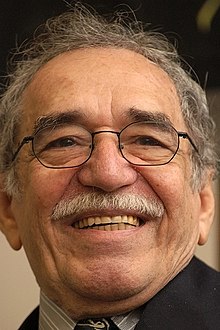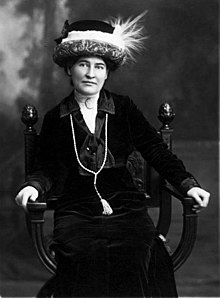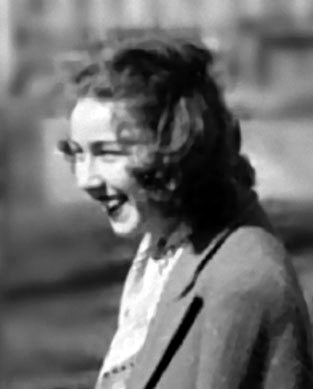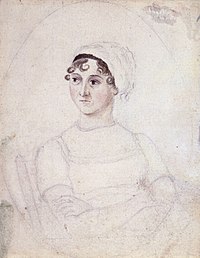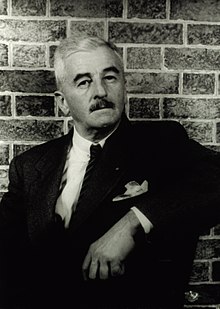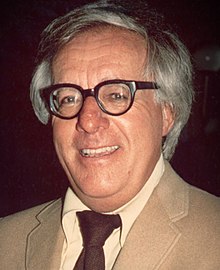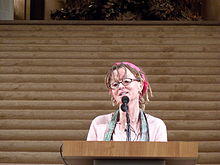The Writer’s Workshop Blog highlights my adventures teaching writing classes, writing stories, articles and books, leading travel, food and wine writing classes to France and Italy, traveling the globe, promoting my books including the novel, The Storms of Denali, and other aspects of the wild and crazy world of writing and publishing. Writing and publishing are changing enormously and I hope this blog will help keep you up to date on some of the changes.
The following story is from Lynn Griffes, a student in my 2013 Travel, Food and Wine Writing Class in Montalcino, Italy. I’ll be publishing a number of stories from students my travel writing class on this blog. They provide a vivid picture of the wonderful places, people and experiences encountered on the trip.
FORAGING FOR WORDS IN TUSCANY
By Lynn Griffes
My cappuccino cools as I study the thick froth of clouds between me and the floor of the Val d’Orcia a mile below the Hotel dei Capitani. A line from an old Joni Mitchell song drifts through my mind–something about clouds getting in the way. I squint hard into the white glare of the obstinate mass. Was that a splash of color? Dare I pick up my cappuccino and miss a momentary opening to the transformative gallery of green and gold hills below? My coffee sits untouched on the Delft blue checkered tablecloth.
The travel books about the hill towns of Tuscany say the stunning views are potentially life changing. That sounds good– just what I need and all I have to do is open my eyes! I’m ready for life changing. My son, whom I adore, is about to graduate from the University of Washington, and although parenting never ends until the end, I know it’s now time to widen my interests and endeavors which will in turn, I hope, provide my son the space he needs to go forth and prosper.
So I have gone forth first. I am in Italy, a Seattle moth lured to Medieval Montalcino by the light and shadow of possibility. Is this adventure the catalyst that will help me craft my own Cinderella story for the last third or so of my life? Already just being here has begun to open my heart and eyes.
Massimo glides up to me with a mellifluous, “Bongornio, you want more kaffe?”
He looks at me politely yet with a glint of humor in his inquisitive amber eyes. Black shiny shoes, crisp, navy pants and a white shirt set off his slim build. He questions me from under long straight auburn bangs. “No, thank you, Massimo,” I respond, while keeping a weather eye towards the valley. He slides away, winding through patio tables smooth as a new carry-on with 360 degree spinning wheels.
Although cut off by cappuccino clouds from the promised better-than-therapy view of the revered Tuscan landscape, here on the patio of the hotel, the sun warms my shoulders and I return to my coffee and my abandoned laptop, screen empty, blue cursor blinking in expectation. I’m here to write about food, wine and travel with a bunch of people who never lack for words—other writers. Perhaps they will help me write and edit the story of my life ahead. We have a group from all over—Australia, France, Spain and the U.S. We all like to drink, dine, write, travel and talk. There are only ten of us, plus our fearless leader, editor, motivator and some time wine maker, Nick O’Connell from Seattle.
We travel writers, I learn, need to do lots of food research. We must taste, eat, sip, discuss and savor on a regular if not constant basis interrupted only by the occasional abbey visit, gelato stand or winery tour. In Tuscany, there is often a long walk up hill associated with foraging for words to describe food. I am out of breath, having trudged up myriad cobble stone streets angled at straight skyward. As I climb to the third floor of Theresa’s fortress-like home in Montalcino for what we might call a “down home” Tuscan cooking lesson, I think there is nothing, however, down about this. We are invited into a Tuscan home. Theresa (pronounced Therezza) has welcomed us to cook and dine on “cloud nine,” her aerie at the very top of the village of Montalcino where the air is as clear, sparkling and thin as a Tuscan champagne glass. My huffing lungs remind me that more stair climbing should be part of my new path.
Theresa tells us she is a Roman, an “ancient Roman”. My guess is she is somewhere between 60 and 75 years. She has opened her heart and hearth to our little writers group for an evening of cooking, family style, in her home. We are her bambini for the evening. She is our esteemed and beloved Nona, our trusted guide into the world of Montalcino cookery. We are given aprons, pots, wooden spoons, rolling pins and of course, all the hearty ingredients for making a Tuscan feast. Theresa rules her kitchen with humor and a deft command of the “English” and our language. Perhaps I will learn something from her beyond the cookery. Perhaps I will learn her hearty recipe for a life well lived.
My first lesson—never, never leave the wooden spoon in the pot. I am not cooking the spoon. Our family is not eating the spoon. The spoon must sit along the outside edge of the pot waiting to be useful. “Attend”, she says, “no mixing of spoons and pots.” The eggplant spoon stays with the Tuscan caper sauce. The bacon fork pushes only the bacon and hot red peppers of the Amatriciana sauce. The triple tong stays with the Ragu as if my life depends on it. To look at Theresa’s fierce Tuscan boar brown eyes, maybe my life does depend on it. Although right after she charges towards me with instructions, Theresa laughs like a college kid at a toga party. I have learned something about adding humor to the sauces of life from this strong, energetic and generous Roman.
As the sun sets, the clouds clear, lifting their stage curtain and offering up the visual feast of the Tuscan countryside. The view from Theresa’s home, which in every sense of the word is her castle, speaks of history. Far below in the Orcia River Valley, small wild forests are corralled tightly into triangular pens, creating untouched wilderness areas for creatures of the forest, yet keeping the land open without expanses of trees that might hide an army from Siena or Florence ready to attack. Montalcino is so beautiful and bountiful, who would not want to claim it as their own or fight for it to the death as has happened countless times over so many hundreds of years?
A patchwork of gold, green and grey/blue fields meticulously separated by boundaries of tall slender cypress trees and broad-shouldered Umbrella Pines promises wheat, wine and roses for the Tuscan table. Homes of weathered stone, hunter green shuttered windows and overflowing geranium boxes punctuate the hillsides. Neat lines of vineyard vines guide my gaze from field to field across this magnificent valley of the Orcia River. From ancient times, the land has been groomed to provide security and food. To me it offers an antidote to an uncertain future with its seemingly eternal sense of beauty and peace.
I came here yearning to find the first page of my next chapter, the first step of my new path. The Tuscan land speaks to me in its own patchwork wisdom. Protect your wild side. Honor your history. Plant and prune your garden every day with a knowledgeable hand to nourish your family, friends and future. In turn you will nourish yourself.
And Theresa, whom I fondly think of as “Momzerella” has convinced me to carefully keep my spoons in order. Tonight I will “stir the pot” and send an email to my son, Malcolm, and see if he would like a graduation present from me. Not the tech stock I was planning to give him but a biking adventure in the extraordinary, life-changing land of Tuscany.
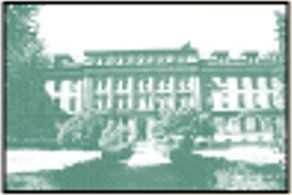 The Writer's Workshop
The Writer's Workshop 